Collection |
Collections
Filters
-
Collection Type
-
-
Collection |
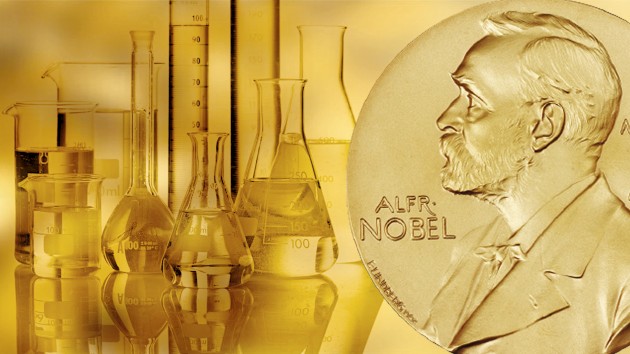 Nobel Prize in Chemistry 2020
Nobel Prize in Chemistry 2020
The 2020 Nobel Prize in Chemistry has been awarded to Emmanuelle Charpentier and Jennifer Doudna for their pioneering work in gene-editing.
Image: Springer Nature/The Nobel Foundation/Imagesource -
Collection |
 Nobel Prize in Physiology or Medicine 2020
Nobel Prize in Physiology or Medicine 2020
This collection of research, review and comment from Nature Research celebrates the 2020 Nobel Prize in Physiology or Medicine awarded to Harvey J. Alter, Michael Houghton and Charles M. Rice "for the discovery of hepatitis C virus".
Image: Springer Nature/The Nobel Foundation/Imagesource -
Collection |
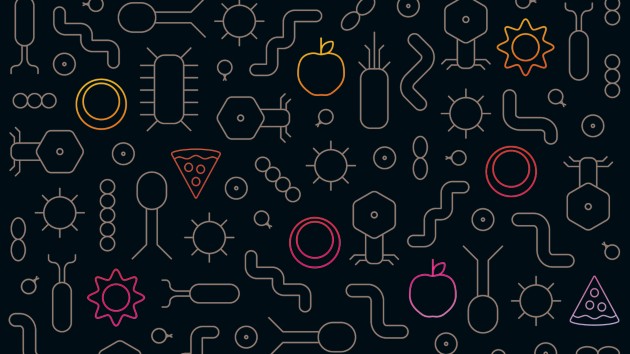 Diet, microbiome and immune homeostasis
Diet, microbiome and immune homeostasis
Nutrition and diet influence human health and development through their effects on the gut microbiome and host immune homeostasis.
Image: Alisdair Macdonald -
Collection |
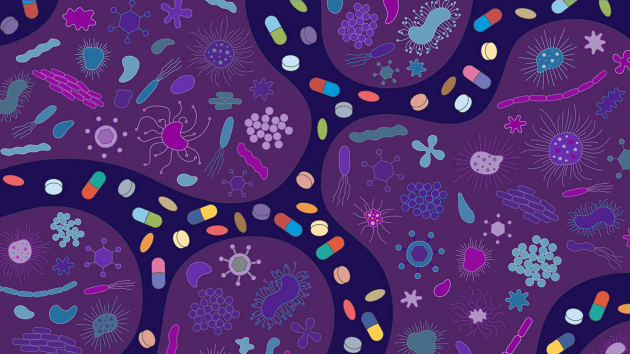 Addressing the antimicrobial resistance crisis
Addressing the antimicrobial resistance crisis
The complex problems associated with antimicrobial resistance and the hurdles to overcoming the crisis are well known, and there is no lack of plans and strategies to tackle the situation.
Image: Philip Patenall -
Collection |
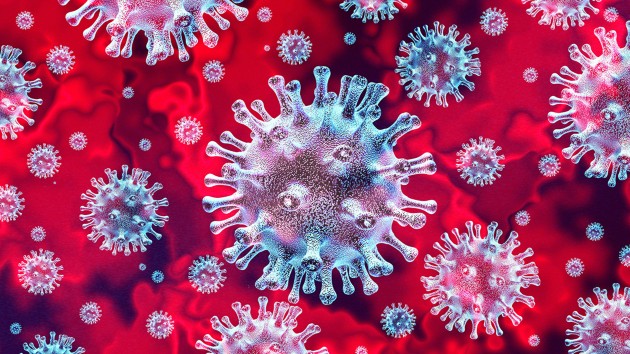 Coronavirus
Coronavirus
To support urgent research to combat the ongoing outbreak of COVID-19, caused by the novel coronavirus SARS-CoV-2, the editorial teams at Nature Research have curated a collection of relevant articles.
-
Focus |
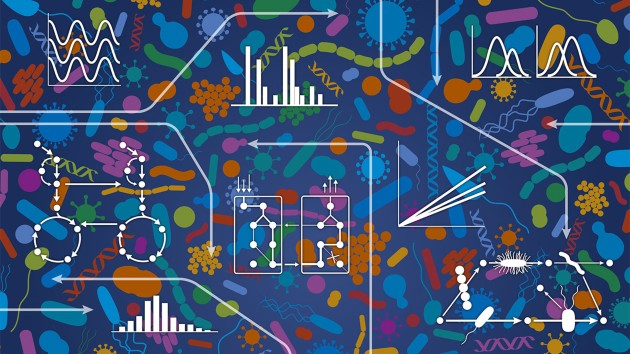 Microbiome tractability and translation
Microbiome tractability and translation
The microbiome is diverse, not only in its microbial members but also in its functions, and it has important roles in human health and disease and in ecosystem functioning.
Image: Philip Patenall/Springer Nature Limited -
Collection |
 Deep Carbon
Deep Carbon
Deep carbon refers to the carbon found beneath the subsurface of the Earth, where ninety percent of the Earth’s carbon resides.
Image: Cigdem Simsek / Alamy Stock Photo -
Milestone |
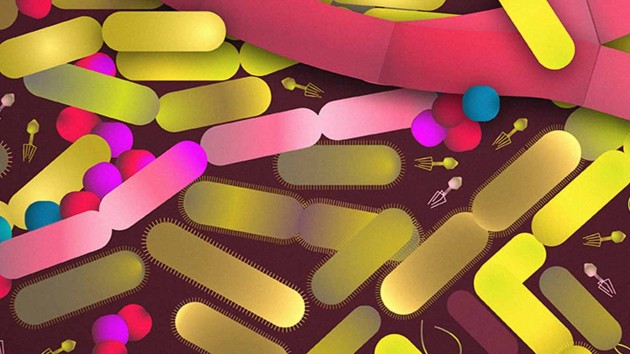 Milestones in human microbiota research
Milestones in human microbiota research
The human body is home to trillions of microorganisms, which have direct and indirect impacts on health and disease. The microbiota that resides in our mucosal surfaces, such as the skin, mouth, gastrointestinal and urogenital tracts, is a diverse community of bacteria, viruses, parasites, and fungi, which collectively have 100-fold more genes that their human host.
-
Series |
 Global change
Global change
In this article series, Nature Reviews Microbiology explores the relationship between microorganisms and global change, and considers the wider environmental and health challenges.
Image: Johan Swanepoel / Alamy Stock Photo -
Collection |
 Gut Microbiota
Gut Microbiota
This collection combines published Research articles and Reviews from several Nature journals highlighting recent advances in our understanding of the role of the gut microbiota in health and disease, and the tools for studying these complex communities.
Image: Brain light / Alamy Stock Photo -
Milestone |
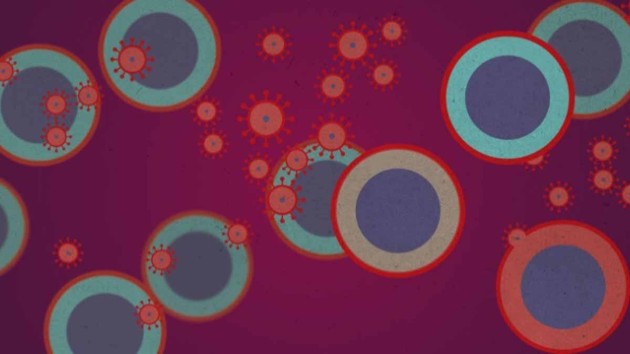 HIV research
HIV research
Human immunodeficiency virus (HIV) – the etiologic agent of AIDS – is one of the most intensively studied disease organism in history. Since its first identification in the early 1980s, HIV has transformed into a pandemic, globally infecting more 36 million people and annually contributing to the deaths of hundreds of thousands of patients – particularly in low income countries.
Image: Chris Ryan

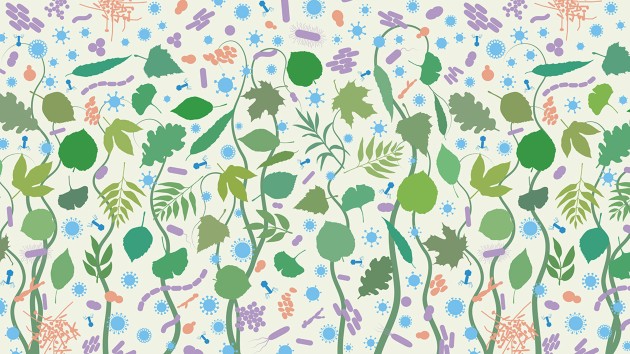 The plant microbiome
The plant microbiome